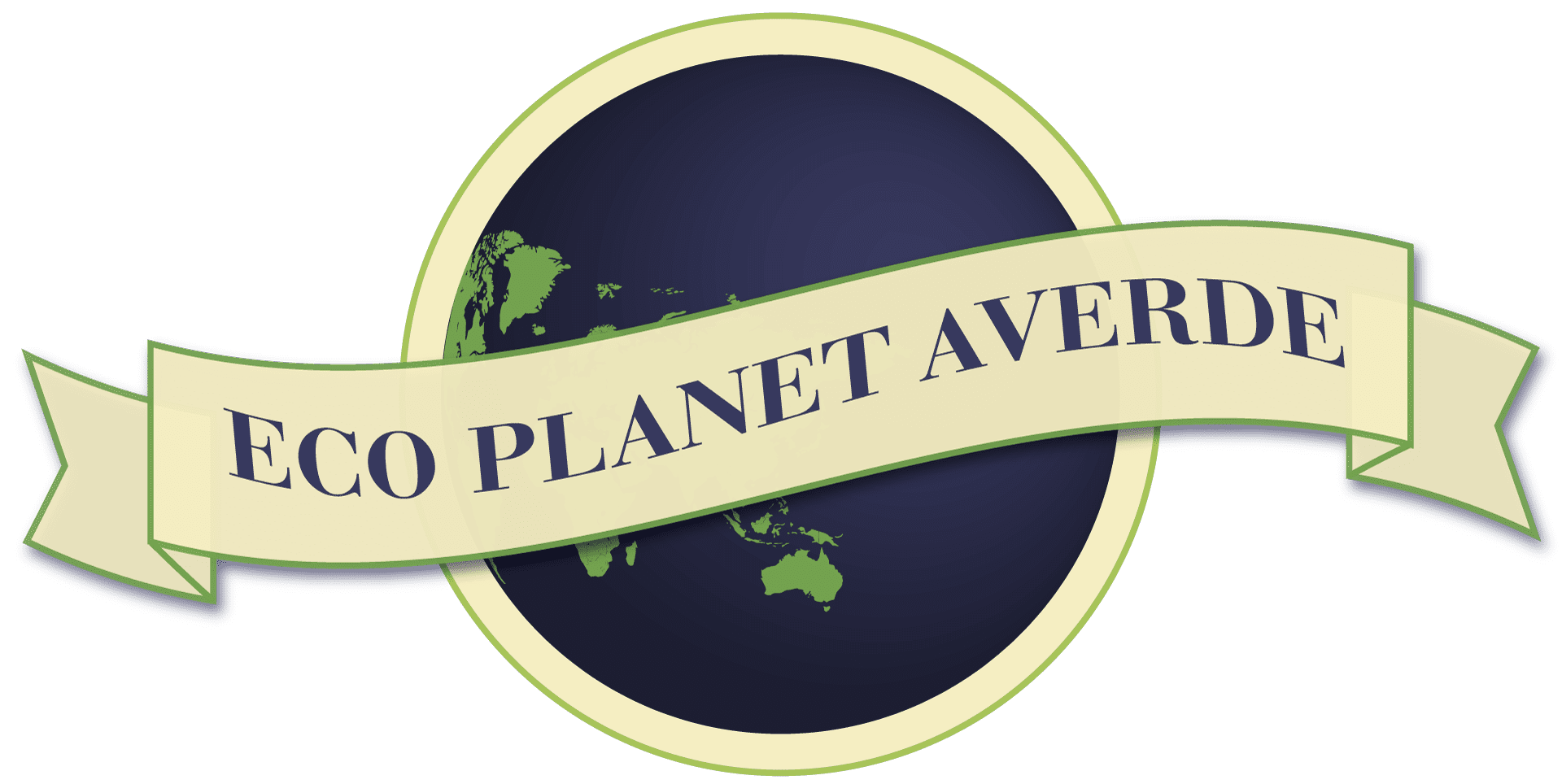In today’s fast-paced world, where fashion trends come and go at an alarming rate, consumers are increasingly seeking out brands that prioritize sustainability and ethics. With the rise of conscious consumerism, the demand for eco-friendly and socially responsible fashion has never been higher. As a result, numerous ethical fashion brands have emerged, offering stylish and high-quality clothing while minimizing their environmental footprint. From luxury labels to affordable options, these brands are revolutionizing the fashion industry by adopting innovative production methods, sourcing materials responsibly, and promoting fair labor practices.

Which Fashion Brand is Ethical?
We’re committed to sustainability and transparency in our fashion choices, which is why we’ve curated a list of the most ethical fashion brands out there.
- The North Face: Known for their high-quality outdoor gear, The North Face prioritizes sustainability through their Sustainability Report.
- Patagonia: A pioneer in environmentally-friendly fashion, Patagonia uses recycled materials, regenerative farming, and fair labor practices in their supply chain.
- Reformation: This trendy fashion brand focuses on reducing waste, using renewable energy, and implementing sustainable manufacturing processes.
- H&M Conscious: As part of H&M’s commitment to sustainability, their Conscious line features garments made from recycled materials, organic cotton, and Tencel.
- People Tree: A fair trade fashion brand, People Tree works with small-scale farmers and artisans to create beautiful, eco-friendly clothing.
- Thought: This UK-based brand offers stylish, sustainable clothing made from organic cotton, recycled materials, and repurposed textiles.
- Outerknown: Co-founded by surfer Kelly Slater, Outerknown creates high-quality, sustainable clothing using recycled materials and environmentally-friendly production methods.
- Everlane: Everlane prioritizes transparency and sustainability in their supply chain, using recycled materials, reducing waste, and promoting fair labor practices.
When shopping for ethical fashion, look for certifications like GOTS (Global Organic Textile Standard), Oeko-Tex, and Fair Trade USA. These labels ensure that the brand meets rigorous standards for sustainability and social responsibility.
Why Choose Ethical Fashion?
By choosing ethical fashion, you’re supporting brands that prioritize people and the planet. This means:
- Reducing your carbon footprint and contributing to a more sustainable future
- Supporting fair labor practices and fair wages for workers
- Promoting transparency and accountability in the fashion industry
- Encouraging innovation and creativity in sustainable design
Make the Switch to Sustainable Fashion Today!
At Eco Planeta Verde, we believe that fashion can be both stylish and sustainable. By choosing ethical fashion brands, you’re joining a movement towards a more conscious and responsible fashion industry.
Is Zara an Ethical Brand?
Zara is a well-known fast-fashion retailer owned by the Inditex Group, one of the largest fashion companies in the world.
- The company has faced criticism for its labor practices, particularly in countries like Bangladesh and India, where workers have reported poor working conditions and low wages.
- Zara has been accused of contributing to the fast-fashion problem, which encourages a culture of disposability and waste.
Ethical Ratings and Certifications
Zara has received mixed reviews from various organizations that evaluate the sustainability and ethics of fashion brands.
- The Good Shopping Guide rates Zara as a low-ranking brand in terms of ethics and sustainability.
- However, Zara has made efforts to improve its supply chain transparency and has implemented some sustainability initiatives, such as reducing water consumption and waste in its manufacturing processes.
Comparison with Competitors
Other fast-fashion retailers, such as H&M and Forever 21, have also faced similar criticisms regarding labor practices and sustainability.
- H&M has made efforts to improve its sustainability by using recycled materials and implementing a garment collecting initiative.
- Forever 21 has faced criticism for its labor practices, particularly in countries like China and Cambodia.
Sustainability Initiatives
Zara has introduced several sustainability initiatives, including:
- A garment collecting initiative that allows customers to recycle old clothes and receive a discount on their next purchase.
- A commitment to using 100% renewable energy in its stores and offices by 2025.
Conclusion
While Zara has made efforts to improve its sustainability and ethics, the company still faces criticism for its labor practices and contribution to the fast-fashion problem.
As consumers become increasingly aware of the environmental and social impacts of their purchasing decisions, Zara and other fast-fashion retailers must continue to work towards improving their sustainability and ethics.

Is HM Now Ethical?
As a leading fashion retailer, HM Hennes & Mauritz AB has been making efforts to reduce its environmental footprint and promote sustainability.
- The company has set ambitious targets to cut greenhouse gas emissions and has made significant progress in reducing its carbon footprint.
- HM has also implemented various initiatives to increase energy efficiency, reduce waste, and promote sustainable supply chain practices.
Sustainability Efforts
Some notable examples of HM’s sustainability efforts include:
- Reducing emissions from its operations by 50% by 2025 through the implementation of renewable energy sources and energy-efficient technologies.
- Increasing the use of recycled materials in its clothing production, aiming to reach 100% by 2030.
- Implementing a supplier code of conduct to ensure responsible sourcing practices and fair labor conditions.
Ethical Consumer Rating
HM has received a score of 80-100 in the Ethical Consumer climate change rating, indicating a strong commitment to reducing its environmental impact.
Comparison with Competitors
While HM has made significant strides in sustainability, there are other fashion retailers that have also made notable commitments to reducing their environmental footprint.
- Zara’s parent company, Inditex, has set ambitious targets to become carbon neutral by 2050.
- H&M’s sister company, COS, has implemented a circular business model aimed at reducing waste and promoting sustainable consumption.
Conclusion
In conclusion, HM has made significant efforts to reduce its environmental footprint and promote sustainability, earning it an 80-100 score in the Ethical Consumer climate change rating.
However, there is still room for improvement, and the company continues to work towards achieving its sustainability goals.
By prioritizing sustainability and transparency, HM can continue to demonstrate its commitment to ethical business practices and contribute to a more environmentally conscious fashion industry.

Most Sustainable Fashion Brand
We’re proud to say that our brand, Eco Planeta Verde, prioritizes sustainability in every aspect of our operations.
- Sustainable Materials: We source materials from environmentally responsible suppliers who adhere to strict guidelines for reducing waste and minimizing environmental impact.
- Supply Chain Transparency: Our supply chain is transparent, allowing us to monitor and control the production process, ensuring fair labor practices and minimal environmental harm.
- Waste Reduction: We strive to minimize waste throughout our operations, from design to packaging, and encourage our customers to do the same through education and incentives.
- Circular Business Model: We aim to close loops and promote recycling, reuse, and upcycling, reducing the need for virgin materials and minimizing waste.
Other Notable Sustainable Fashion Brands
We recognize that there are several other notable sustainable fashion brands worth mentioning:
- Patagonia – Known for their commitment to environmental responsibility and fair labor practices.
- Reformation – A leader in sustainable fashion, using environmentally friendly materials and practices.
- People Tree – A fair trade and organic cotton clothing brand that promotes sustainable livelihoods for farmers and artisans.
- Thought – A UK-based fashion brand that uses recycled materials, reduces waste, and promotes sustainable practices throughout their supply chain.
Why Choose Eco Planeta Verde?
While these brands are certainly leaders in sustainable fashion, we believe that our commitment to transparency, accountability, and community involvement sets us apart.
- Community Engagement: We engage with local communities, promoting education and awareness about sustainable practices and supporting initiatives that benefit the environment.
- Transparency: We maintain open communication with our customers, suppliers, and stakeholders, ensuring that everyone involved in our operations understands our values and goals.
- Accountability: We take full responsibility for our actions and their impact on the environment, continuously striving to improve our processes and reduce our footprint.
Is it ethical to buy from Shein?
We understand the allure of affordable fashion from retailers like Shein, but let’s dive into the ethics behind buying from this Chinese e-commerce giant.
-
Human Rights Concerns
-
Sustainability Issues
-
Intellectual Property Infringement
-
Lack of Transparency
Shein has faced criticism for its treatment of workers in its supply chain, particularly in countries like Bangladesh and Cambodia. Reports have highlighted poor working conditions, long hours, and low wages.
Fast fashion is notorious for its environmental impact, and Shein is no exception. The company’s rapid production and disposal cycle contributes to textile waste, pollution, and climate change.
Shein has been accused of plagiarizing designs from independent artists and designers, which raises concerns about intellectual property rights and fair compensation.
Shein’s business practices often lack transparency, making it difficult for consumers to make informed purchasing decisions. This includes unclear labeling, inconsistent sizing, and limited information about materials and manufacturing processes.
Alternatives to Consider
If you’re concerned about the ethics of buying from Shein, consider exploring alternative retailers that prioritize sustainability, fair labor practices, and transparency:
- Patagonia – Known for their environmentally-friendly clothing and commitment to fair labor practices.
- Everlane – Transparent about their supply chain, pricing, and manufacturing processes.
- Thredup – A second-hand online marketplace promoting sustainable consumption and reducing waste.
What Can You Do?
As a conscious consumer, you have the power to influence change. Here are some steps you can take:
-
Research and Educate Yourself
-
Support Sustainable Brands
-
Buy Second-Hand First
-
Adopt a Mindful Approach to Consumption
Learn about the issues surrounding fast fashion and the impact of your purchasing decisions.
Choose retailers that prioritize sustainability, fair labor practices, and transparency.
Consider shopping at thrift stores, consignment shops, or online marketplaces like Thredup.
Ask yourself if you really need the item, and consider the environmental and social implications of your purchase.

Luxury Brands That Prioritize Ethics
We’re committed to sustainability and transparency in our own operations, which is why we’ve compiled a list of luxury brands that share our values.
- The North Face: Known for their high-quality outdoor gear, The North Face prioritizes sustainability through their use of recycled materials and environmentally-friendly manufacturing processes.
- Gucci: Gucci has made significant strides in reducing its carbon footprint and promoting fair labor practices throughout their supply chain.
- Prada: Prada has implemented various initiatives aimed at reducing waste and conserving energy in their production facilities.
- Chloé: Chloé prioritizes sustainability through their use of organic cotton and recycled materials in their clothing and accessories.
- Burberry: Burberry has set ambitious targets to reduce greenhouse gas emissions and promote sustainable practices throughout their supply chain.
- Stella McCartney: Stella McCartney is a pioneer in sustainable fashion, using innovative materials and production methods to minimize her brand’s environmental impact.
- Rejina Pyo: Rejina Pyo prioritizes sustainability through her use of eco-friendly materials and responsible manufacturing practices.
- Alexander McQueen: Alexander McQueen has implemented various initiatives aimed at reducing waste and conserving energy in their production facilities.
- Loewe: Loewe prioritizes sustainability through their use of recycled materials and environmentally-friendly manufacturing processes.
- Valentino: Valentino has set ambitious targets to reduce greenhouse gas emissions and promote sustainable practices throughout their supply chain.
- Bottega Veneta: Bottega Veneta prioritizes sustainability through their use of eco-friendly materials and responsible manufacturing practices.
- Dior: Dior has implemented various initiatives aimed at reducing waste and conserving energy in their production facilities.
- Givenchy: Givenchy prioritizes sustainability through their use of recycled materials and environmentally-friendly manufacturing processes.
- Ralph Lauren: Ralph Lauren has set ambitious targets to reduce greenhouse gas emissions and promote sustainable practices throughout their supply chain.
- Tom Ford: Tom Ford prioritizes sustainability through his use of eco-friendly materials and responsible manufacturing practices.
- Jimmy Choo: Jimmy Choo has implemented various initiatives aimed at reducing waste and conserving energy in their production facilities.
These luxury brands demonstrate a commitment to ethics and sustainability, aligning with our values at Eco Planeta Verde.

0 Comments